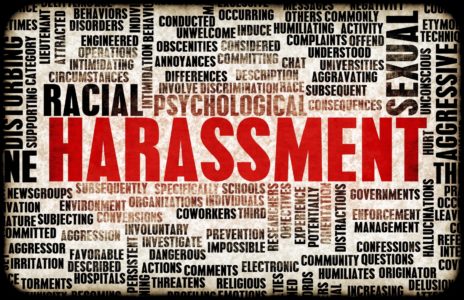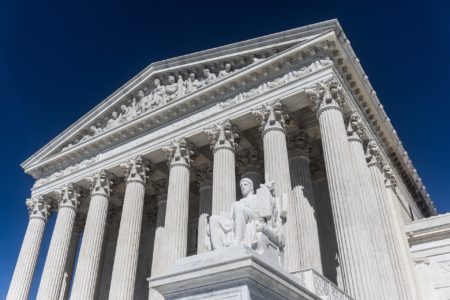
Employees frequently think that they should be able to sue under Title VII of the Civil Rights Act of 1964 because their boss, or a co-worker, is mean to them. I frequently hear the complaint: “I’m being harassed, and that’s illegal!” In the employment law context, however, there is nothing illegal about being a jerk. In fact, there is nothing illegal about harassing employees — unless that harassment is bad-enough and based upon a protected characteristic like race, sex or age. Being a jerk generally does not violate any employment laws.
At the outset, let’s be clear. Sexual harassment, racial harassment or harassment based upon any other protected characteristic will get you sued. But, even that harassment must be so severe and pervasive that it alters an employee’s terms and conditions of employment. There is abundant case law holding that Title VII is not a general civility code. It is not designed to make sure that people “get along” in the workplace. Instead, Title VII is supposed to prevent discrimination at work. Sometimes, there’s a fine line between behavior that’s boorish and behavior that will violate the law. Some obvious examples of conduct that will get you sued, however, are repeated use of the “N” word toward African-American employees, and touching a female employee in a sensitive location.
An employee must suffer an “adverse employment action” to possess a claim under Title VII. Such an action must have a tangible adverse effect on the plaintiff’s employment. As a result, giving discriminatory job assignments, in many cases, won’t be illegal. Similarly, just being mean to an employee, even if based on a protected characteristic, does not violate Title VII. For example, last year, the Eleventh Circuit affirmed dismissal of a Title VII action filed against the Post Master General. See Coles v. Post Master General, 711 Fed. Ap’x 890 (11th Cir. 2017). In that case, a postal employee claimed she was subjected to age and race discrimination because: her vehicle was searched at work; an investigation was conducted into her work absences; and, she was assigned “culling belt work” (an unfavorable assignment). The Eleventh Circuit found that treatment was not an “adverse employment action” under Title VII.
The foregoing observations on the state of the law are not intended to encourage employers to be jerks to their employees. Indeed, positive morale is a vital component of any workplace. Moreover, sometimes a court will allow an employee to sue for “constructive discharge.” A constructive discharge occurs when an employer makes an employee’s working conditions so intolerable that an employee is compelled to resign. In short, if an employer is too much of a jerk, and the employer’s conduct is aimed at a protected characteristic, an employee may be able to sue — even if they resign.








